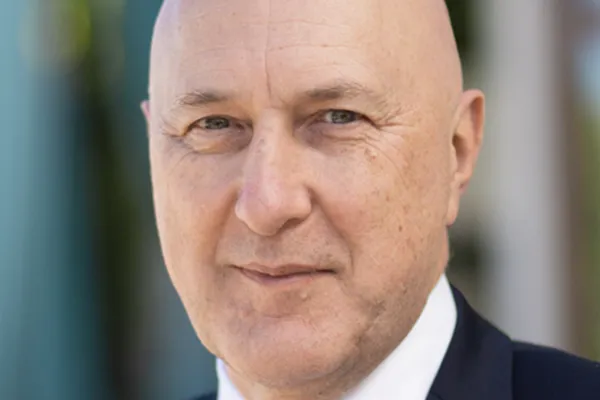One year after the collapse of Lehman Brothers Holdings, Christian Meissner is happy to finally be back on the deal trail. The man who helped engineer the sale of the firm’s European and Asian business to Japanese bank Nomura Holdings, and who oversaw its integration, is busy rebuilding his battered client list.
“We went from a backlog of well over a billion dollars [in deals] to zero as a result of the bankruptcy,” says the 40-year-old former Lehman banker, now Nomura’s deputy global head of investment banking. “We were off the field for over three months, and, of course, in that period our clients hired other advisers.”
Meissner’s efforts are beginning to pay off. In June, Nomura announced its inaugural European leveraged-finance transaction — supporting New York private equity firm Charterhouse Group’s acquisition of Edinburgh-based energy consulting firm Wood Mackenzie — and its first European rights issue of the year, underwriting a Sf420 million ($387 million) deal for Givaudan, the Swiss flavor and fragrance maker. In the quarter ended that month, Nomura’s bulked-up revenue from investment banking, global markets and asset management outside Japan exceeded its domestic results for the first time, and it reported its first quarterly profit since 2007. Nomura’s share of global investment banking and brokerage in equities and fixed income hit 4.1 percent, up from 1.5 percent in the previous quarter, according to the bank’s tally.
Still, it won’t be easy to build on this momentum. The Nomura-Lehman combination isn’t just cross-border; it’s cross-cultural. Tension has arisen over a variety of issues, from compensation to the pace of decision making. Staff defections have been widely reported in the media, most recently that of Jasit Bhattal, the former chief of Lehman’s Asia unit, who in January will step down as chairman of Nomura’s Asia ex-Japan business. Bhattal joins, among others, Alexis de Rosnay and Riccardo Banchetti, Lehman’s former co-head of investment banking and co-CEO, respectively, in Europe and the Middle East, who both bolted before the Nomura acquisition.
For his part, Meissner vows that he isn’t going anywhere. This month two vice chairmen, five managing directors, two executive directors and a vice president are set to join his group. Despite the publicity surrounding the departures, annual turnover in Nomura’s investment banking unit is actually “low,” says a spokesperson.
Meissner is a veteran of Goldman, Sachs & Co., where he became a partner in 2000 and was put in charge of the firm’s equity capital markets business before joining Lehman in 2004. In the aftermath of the bankruptcy, he thought the game was up. But at a meeting in London, Sadeq Sayeed, Nomura’s CEO for Europe, Africa and the Middle East, who was advising the bank’s board, persuaded him that a deal could be done. Meissner, who is more accustomed to advising CEOs about deals than to doing them himself, was quickly thrust into the biggest challenge of his career: negotiating his own rescue.
“In a crisis you find your voice,” he says, noting that when Barclays acquired Lehman’s U.S. operations it “wanted to cherry-pick our top talent but didn’t want the rank and file. We felt a responsibility to find jobs for as many people as possible.” Nomura asked for a commitment that at least 70 percent of Lehman’s managing directors stay on board. In the end, 90 percent did. “I was proud of the way my colleagues decided to stick together,” says Meissner.
This October managing directors will receive the second half of their first-year guaranteed compensation that Meissner helped negotiate. In a profession where money talks and disgruntled bankers walk, their loyalty — and Nomura’s future — will again be tested.






